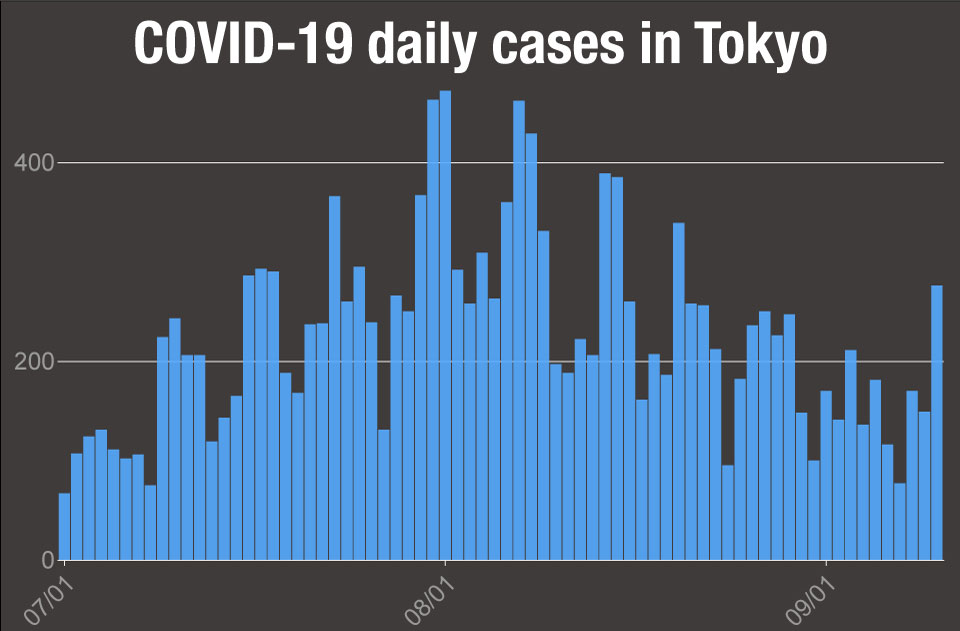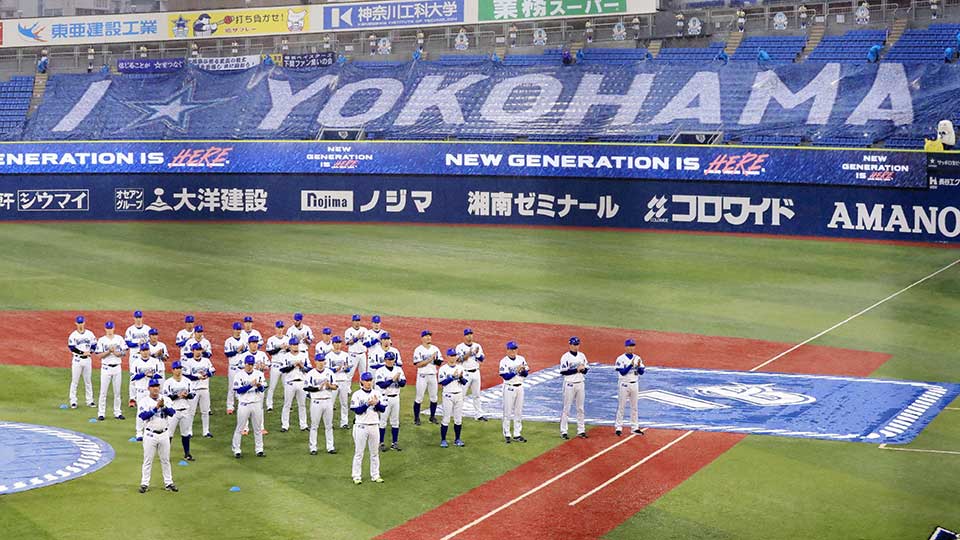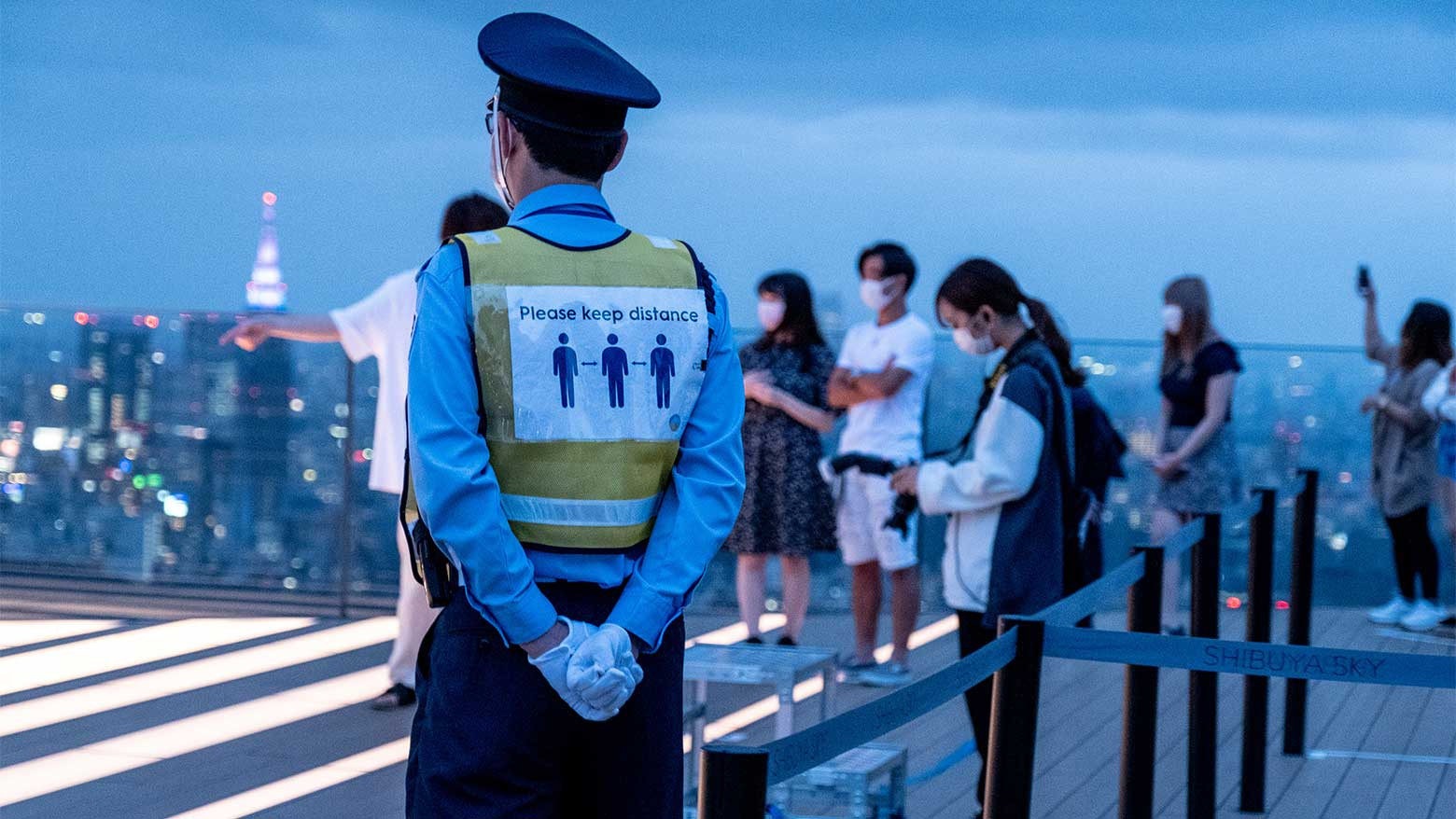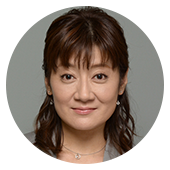
Tokyo Metropolitan Government officials met with public health and infectious diseases experts on Thursday and decided to lower the alert level from four, the maximum, to three. They said infection numbers appear to be declining.
The vice chairman of the Tokyo Medical Association, Inokuchi Masataka, said the average number of new cases in the past week had fallen to 149, compared with 183 in the previous week.
But Inokuchi cautioned that the rate of decline is modest and the situation requires continued vigilance.
He said that while the number of new cases has been falling at stabilized rates recently, the situation is still precarious. He added there could be a return to the previous situation and the highest alert level.

Late nights on the menu again
The Tokyo Metropolitan Government said that from September 16, it will no longer ask bars and restaurants to close at 10 p.m.
Governor Koike Yuriko noted that the summer bon holidays, when people typically travel to their hometowns, passed without the spike in infection numbers that many had feared. Instead, infections continued to decline, and she says her government believes anti-virus measures have been relatively effective.
Koike also said the number of people testing positive for the coronavirus peaked in early August, but 276 new cases were confirmed on Thursday and people should remain vigilant.
The national government plays it more cautiously.
The national government also plans to loosen the rules on crowd numbers at public events. For professional baseball and soccer teams, that's big news. They’ve been playing to a maximum of 5,000 spectators, but will now be allowed to half fill their venues. For some teams, that means tens of thousands of people in the stadium.

But popular music concerts and martial arts tournaments will still be subject to the 5,000-person limit. The audiences at those events are typically rowdier, and therefore more likely to be spraying droplets.
On the more sedate side, classical music concerts or traditional drama performances could be playing to capacity crowds as long as the venues are small. Arenas and other large venues will have to limit the capacity to half.
But a panel of experts advising the Japanese government is recommending a wait-and-see approach to a proposal to let Tokyo join the “Go To Travel” campaign from October.
The campaign, which offers subsidies to encourage more travel, debuted in July but excluded Tokyo because infection numbers were surging.
In a meeting on Friday, panel members agreed to make a final decision on the matter based on the situation of coronavirus infections as of late September.
The minister in charge of the coronavirus response, Nishimura Yasutoshi, says it's important to prevent infections while also promoting economic and social activities at the same time.


